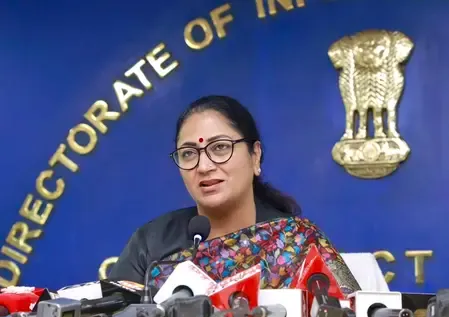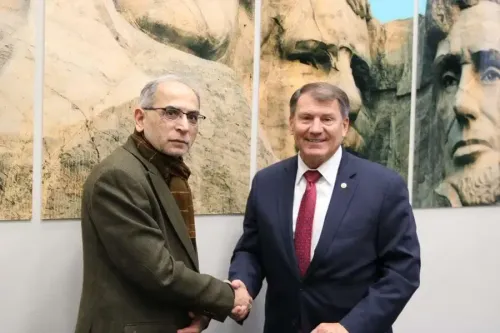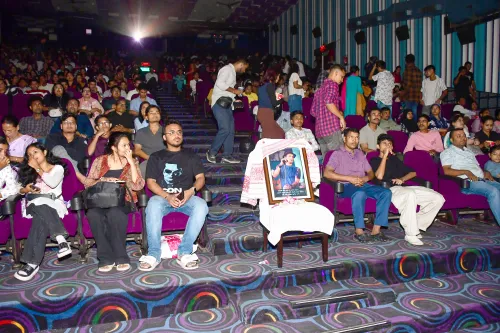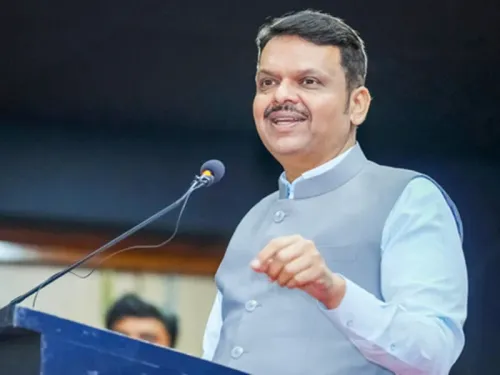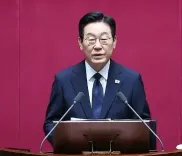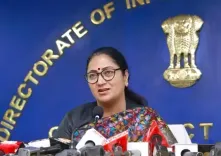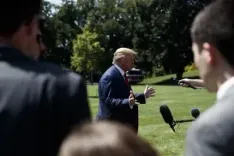Stalin Calls on Centre to Safeguard Tamil Fishermen from Sri Lankan Navy Arrests
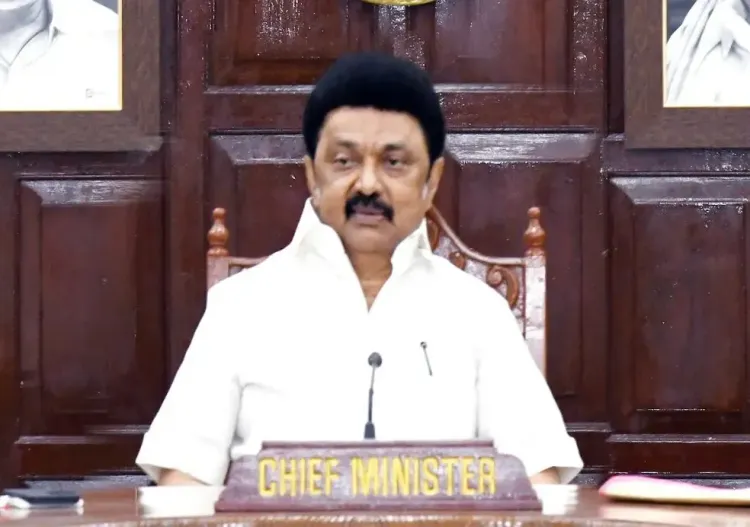
Synopsis
Key Takeaways
- M.K. Stalin demands action from the Union government.
- 3,656 Tamil fishermen arrested in the last decade.
- Fishing rights in Katchatheevu must be secured.
- Ongoing strike by Rameswaram fishermen since February 24.
- Financial distress for families of detained fishermen.
Chennai, March 4 (NationPress) The Chief Minister of Tamil Nadu, M.K. Stalin, has urged the Union government to take swift action to protect Tamil fishermen from the recurring mid-sea assaults, arrests, and seizures conducted by the Sri Lankan Navy.
In a letter addressed to the Union government on Monday, Stalin pointed out that over the last decade, 3,656 fishermen from Tamil Nadu have been apprehended, with 613 fishing boats seized and 736 attacks reported against them under the current BJP administration. He emphasized that the central government is the only entity capable of resolving this ongoing crisis.
Stalin also mentioned that discussions between Indian and Sri Lankan fishermen, which last occurred in 2010, have yet to be revived. Despite External Affairs Minister S. Jaishankar assuring diplomatic efforts, no significant advancements have materialized.
The Chief Minister insisted that Tamil Nadu fishermen must be recognized as Indian citizens first, and their fishing rights must be protected. He urged the Union government to persuade Sri Lanka to revoke the 2018 Sri Lankan Fishermen Act (Regulation of Foreign Fishing Boats Act) and ensure fishing rights in the Katchatheevu area for Tamil Nadu fishermen.
Since February 24, fishermen in Rameswaram have been participating in an indefinite strike, demanding the release of their fellow fishermen detained by the Sri Lankan Navy. In solidarity, 700 mechanized boat fishermen have halted operations, docking their vessels along the shore. The strike is projected to result in a daily revenue loss of Rs 1 crore, affecting over 10,000 individuals in the fishing sector.
During a consultative meeting at the Rameswaram fishing harbor, fishermen's associations unanimously decided to cease all fishing activities until the arrested fishermen are freed. VP Sesuraja, president of the Traditional Indian Fishermen Welfare Association, disclosed that Tamil Nadu fishermen have been detained four times just this month. Since the start of 2025, a total of 119 fishermen and 16 boats have been confiscated.
Sesuraja highlighted the financial strain on the families of the imprisoned fishermen, who often face substantial fines imposed by Sri Lankan authorities for their release. With fears of additional arrests and boat seizures, many fishermen are now reluctant to venture into the sea. Consequently, fishermen's associations across Tamil Nadu are organizing large-scale protests against these detentions.
Antony John, a leader of a fishermen’s association, stated that groups in all coastal districts of Tamil Nadu will soon set a date for significant demonstrations. He stressed the urgent necessity for the Union government to ensure the release of all detained fishermen, retrieve confiscated boats, and establish a bilateral agreement with Sri Lanka to resolve the issue permanently.
Fishermen's associations have also reached out to Prime Minister Narendra Modi, advocating for prompt diplomatic measures to prevent mid-sea arrests and safeguard the livelihoods of coastal communities. Rajagopal C.M., a fishermen’s leader from Thangachimadam, criticized the government's inaction, noting that many detained fishermen are still imprisoned in Sri Lanka, leaving their families in financial distress. He mentioned that since 2018, around 270 trawlers have been seized, further threatening the fishermen’s ability to earn a living.
In his appeal, Chief Minister Stalin called for the central government to convene a Joint Working Group to devise a permanent solution to this ongoing crisis.

